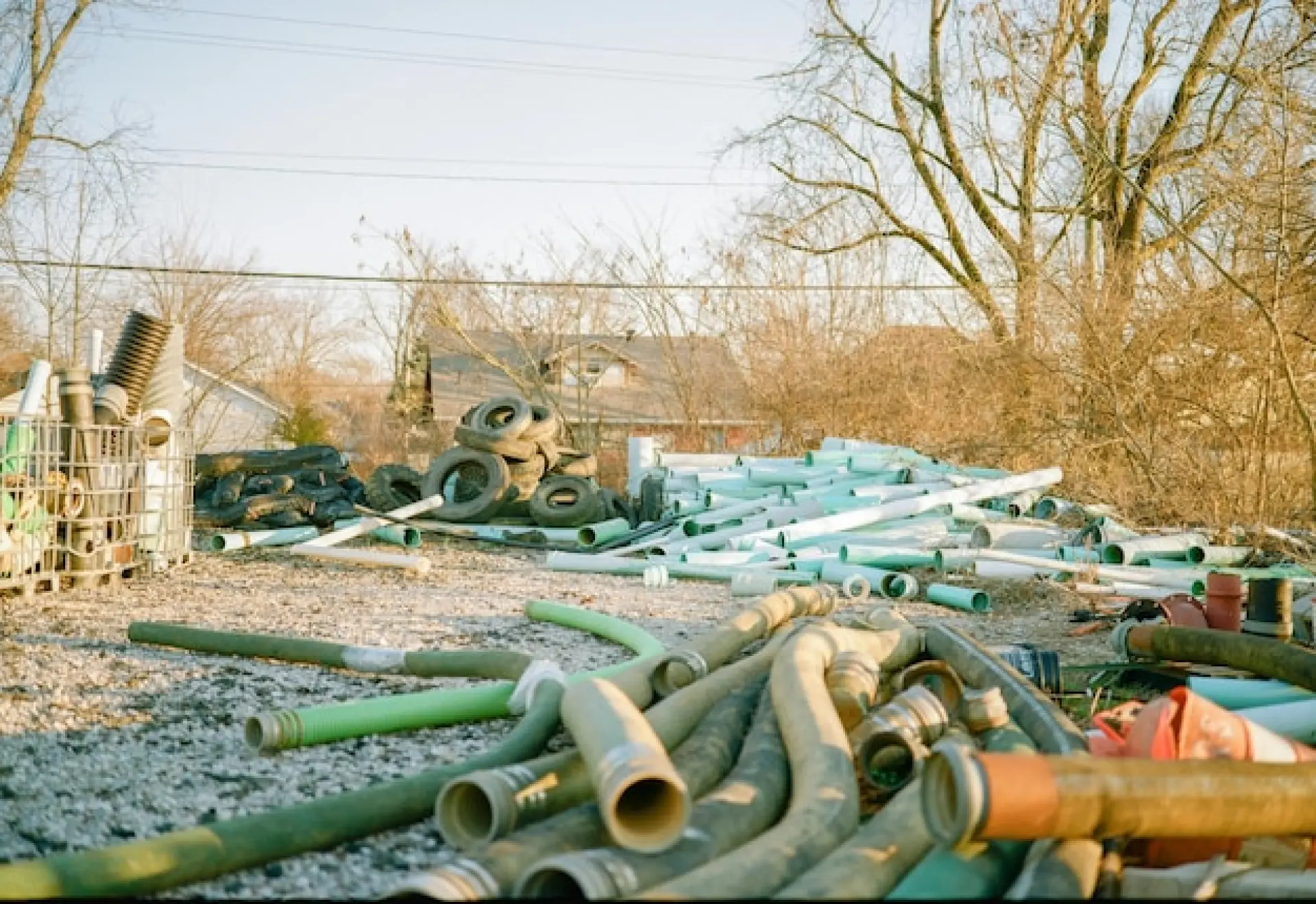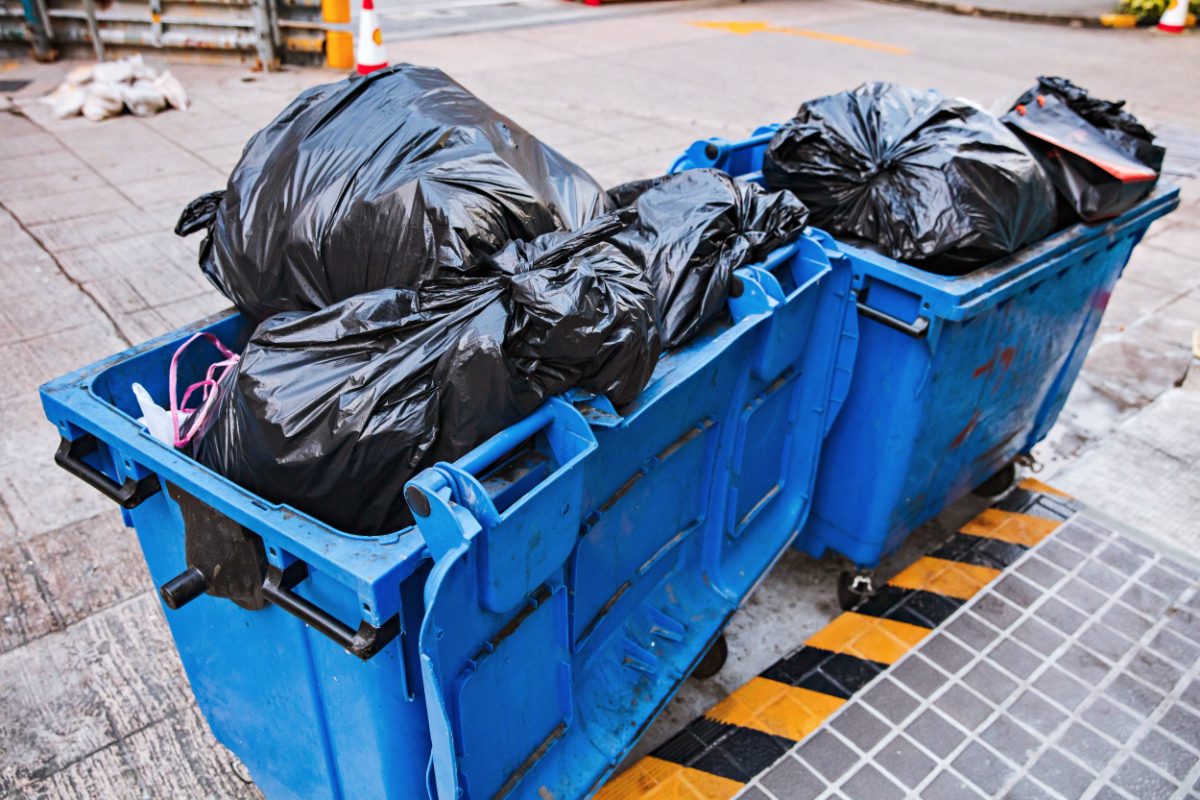Good waste management is essential on construction sites. When you plan for waste early, you protect the environment, save money and time, and stay on the right side of the law. Every project creates waste materials, but the way you manage them will decide the result for people, your business and the local area.
Why Construction Waste Management Matters
Construction and demolition work produces a large amount of waste. Common building materials include wood, metal, bricks, concrete, plastics and soil. If these are not handled well, the environmental impact grows. Landfills fill up, recyclable materials are lost, and there is a higher risk to human health. A simple, clear process for waste disposal helps reduce the amount of waste sent to landfill and supports recycling across the UK.
Plan First: Your Waste Management Plan
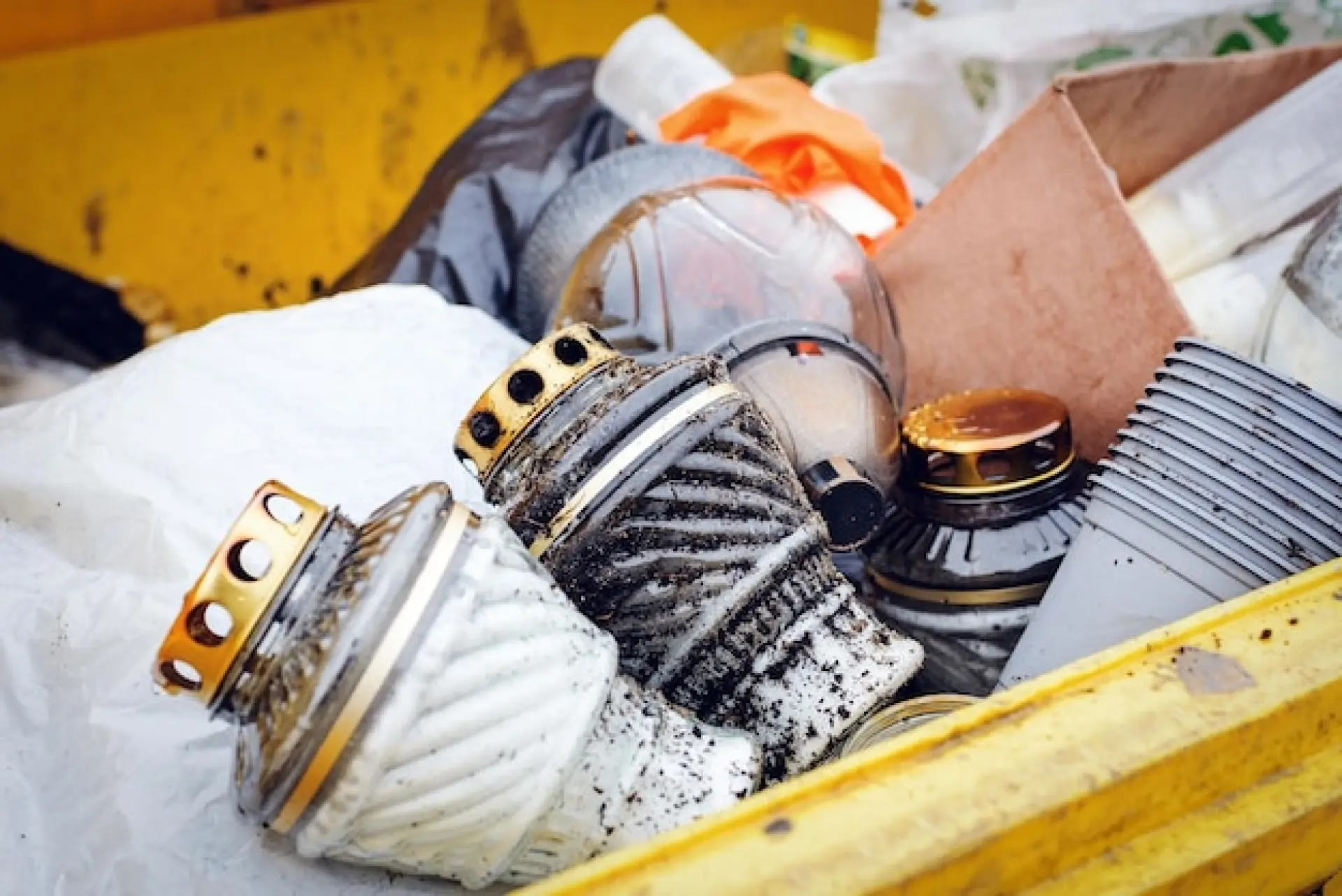
A waste management plan is the first step for any construction project. It sets out how waste will be avoided, stored, collected, reused and recycled. It also names the team members who are responsible for each task. Good plans start at design stage, not at the end of the job. Ordering the right quantities reduces leftover material.
Choosing systems that allow easy reuse and recycle options, such as off-site fabrication or modular parts, also helps. Clear procedures and simple site maps ensure everyone knows where to place different waste materials, which skips and bins to use, and which suppliers will collect them.
Set Up the Site for Success
Site layout has a big effect on waste. Put skips close to the work area to cut down on the number of trips. Use signs with plain language and colour to show the waste types. Keep storage areas dry and covered so materials do not get damaged by rain, which would lead to more disposal later. Agree collection times that match the pace of work. This keeps routes clear, prevents harm, and makes the site safer for people and vehicles. Good set-up leads to efficient waste collection and lower costs over the life of the project.
Reduce, Reuse and Recycle
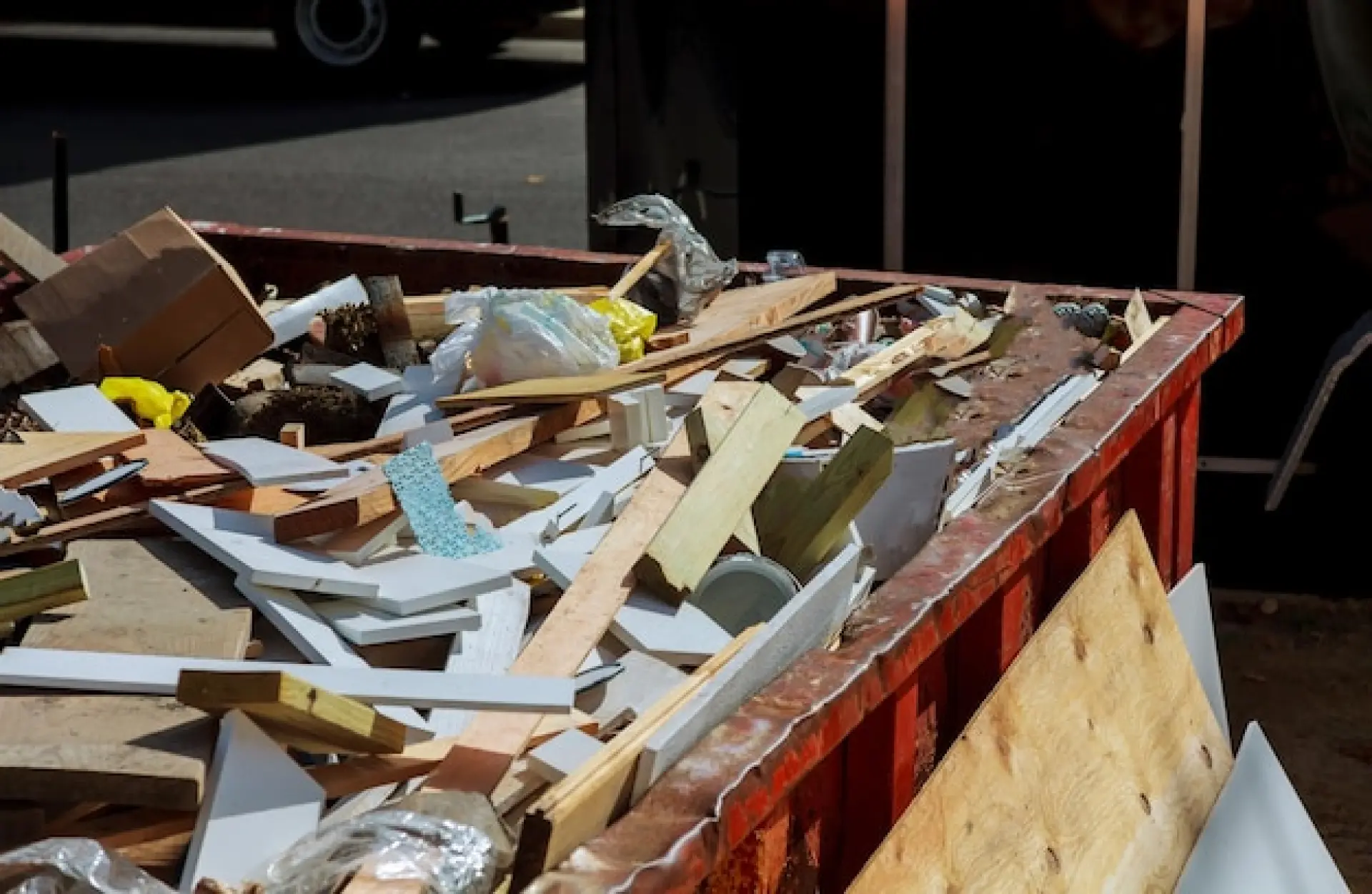
The best way to manage construction waste is to reduce it in the first place. Careful measuring, accurate take-offs and just-in-time deliveries all help reduce waste. When waste is produced, look for reuse on the same site or a nearby project. Clean bricks, timber lengths and metal sections can often be reused with little work.
Recycling turns waste into valuable resources. Crushed concrete and rubble can become sub-base. Recycled metal goes back into manufacturing. Plastics and cardboard can be recycled if free from food and paint. Reuse and recycle options bring cost savings and help reduce environmental impact at the same time.
Sorting Waste the Right Way
Sorting at the source is essential for effective waste management. Mixed loads are harder to process and more likely to end up in landfills. Keep inert waste such as concrete, bricks and tiles separate from non hazardous waste such as clean wood or plastic. Keep hazardous materials out of all other streams. Clear labelling, toolbox talks and daily checks make it easier for everyone to comply. Small actions on the construction site, repeated each day, add up to a big change in the amount of waste generated.
Handling Hazardous Waste
Some waste can harm people and the environment if not handled with care. Asbestos, chemical tins, contaminated soil and certain insulation types are hazardous waste. Only trained people should handle these materials. Use licensed carriers and approved facilities, and keep all consignment notes. Never mix hazardous materials with other waste. Good control protects human health, reduces risks, and prevents fines. If you are not sure about a material, stop work, isolate the area and bring in a specialist to test it.
Soil, Rubble and Concrete
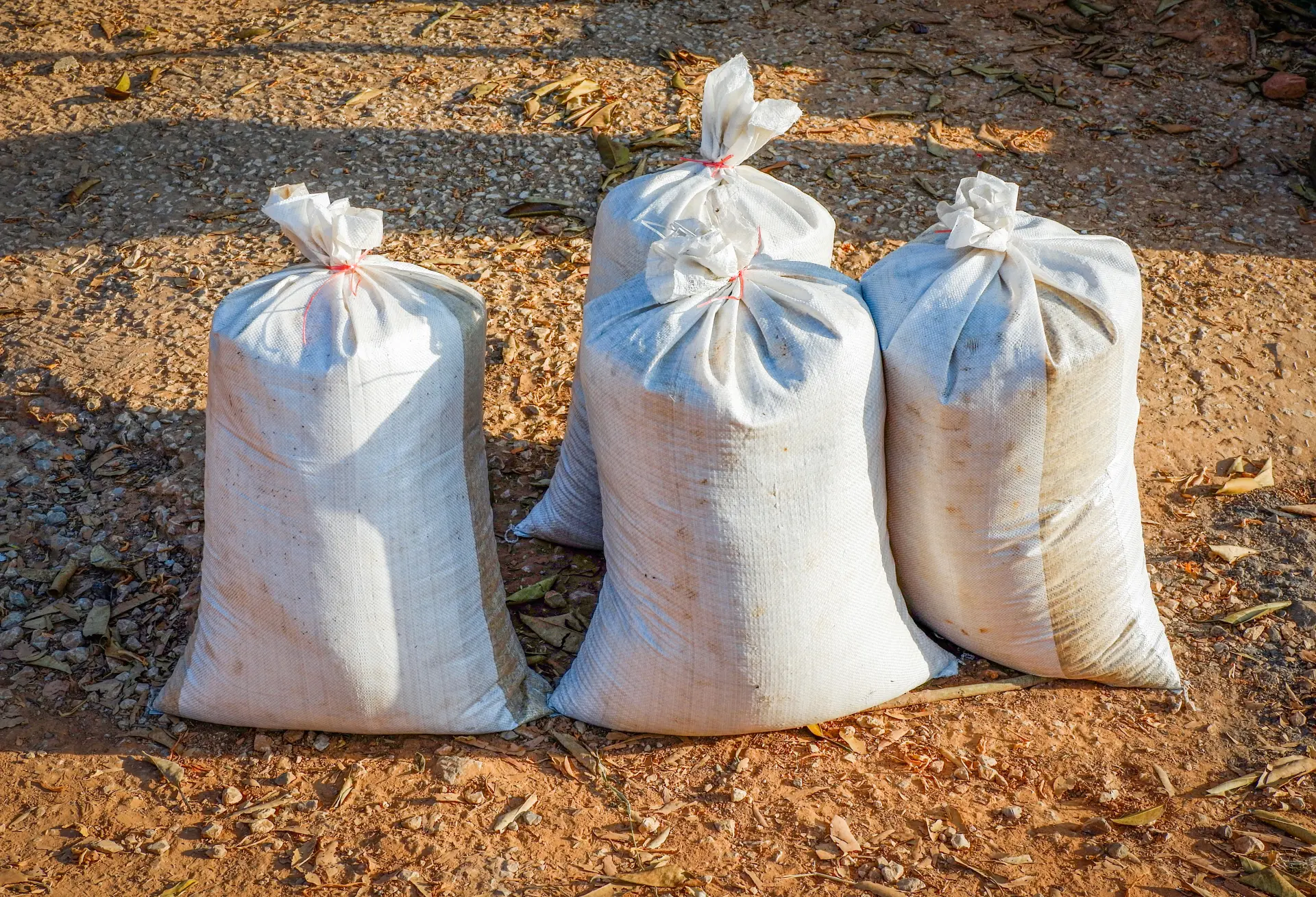
Earthworks produce soil in large volumes. Test the soil if there is any chance of contamination, especially on demolition sites or near old fuel tanks.
Clean soil may be reused on site for landscaping, which saves removal costs.
Rubble and concrete can be crushed and graded. Many projects now require a set content of recycled aggregate in new works.
This approach keeps material in use and reduces the need for quarry products.
Timber and Wood
Wood is common on most projects. Keep painted timber, treated timber and clean offcuts separate. Clean wood can be reused or chipped for biomass. Treated wood may need special routes. Proper storage under cover prevents damage and reduces disposal costs. Good suppliers can provide guidance on the best ways to reuse or recycle wood safely.
Metals and Other Valuable Streams
Metal has a strong recycling market. Sort steel, copper and aluminium where possible. Keep them free from other materials to improve the price. Cables and pipe offcuts can be stored in secure containers to prevent theft and loss. Over a year, careful metal recycling can save money and help reduce waste produced.
Choosing the Right Partners
Work with suppliers who provide take-back schemes, reusable packaging and clear information on recycled content. Ask waste services to provide reports that show weights, waste types and recycling rates. These help you track performance, compare projects and share information within your business. Good data makes managing construction waste easier and encourages better practices across your team.
Records, Compliance and UK Regulations
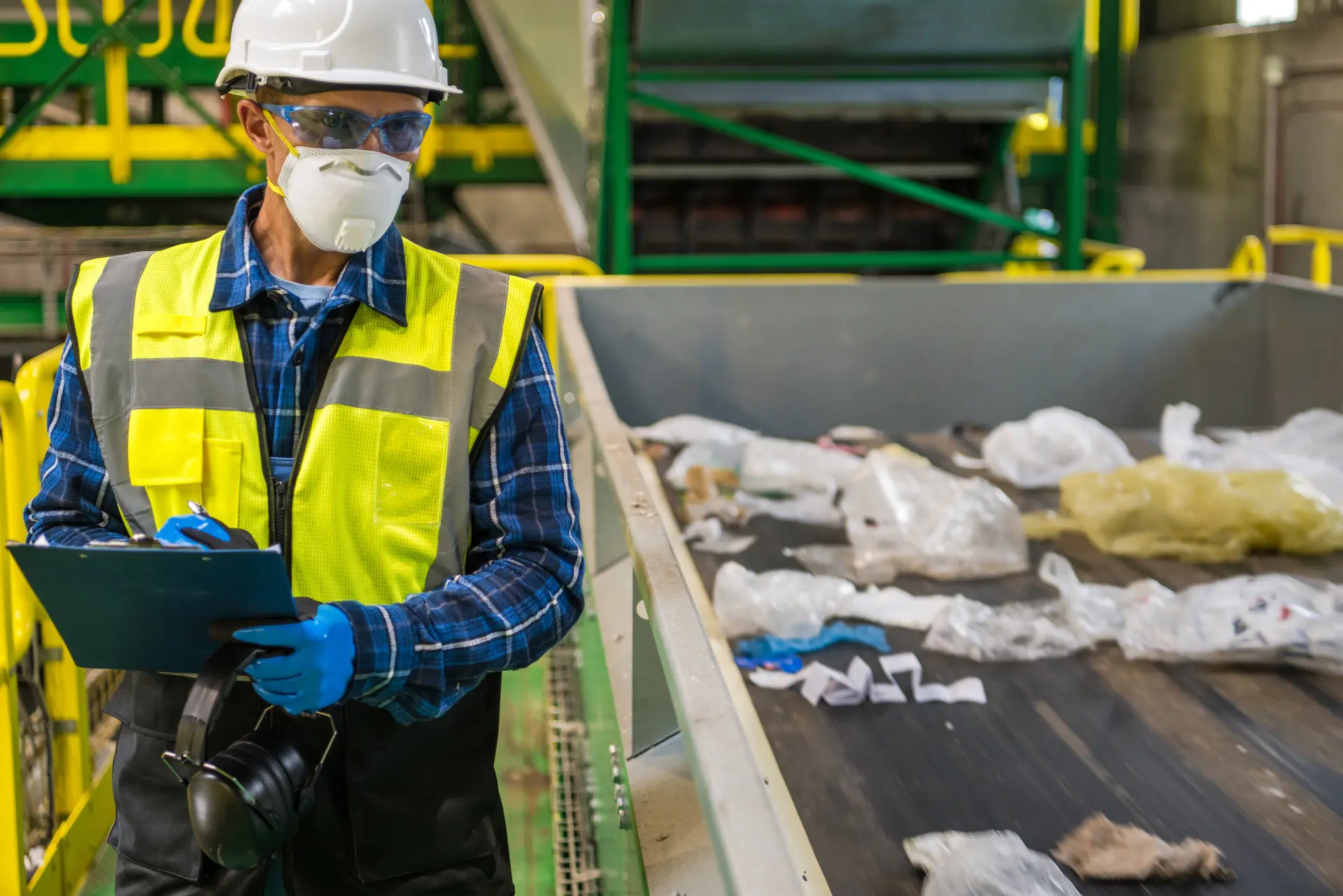
In the UK, construction companies must follow waste regulations and keep records. Use licensed carriers, check permits, and keep waste transfer notes for non hazardous loads and consignment notes for hazardous loads.
Keep copies in a shared folder and back them up by email so the information is easy to find during audits. Failure to comply can lead to fines and legal action.
Strong paperwork shows responsible management and helps prove that waste was disposed of or recycled at authorised sites.
Training Your Team
People make the system work. Short, regular talks at the start of the day help everyone understand the procedures. Explain which skips to use, how to store materials to avoid damage, and who to contact if a bin is full. Make it easy to report problems and fix them fast. When the whole team is involved, you will see better results and fewer mistakes.
Demolition and Soft-Strip
During demolition waste, start with soft-strip and selective removal. Take out fixtures, doors, clean metals and reusable building materials before heavy work begins. This approach reduces damage to items that could be reused or recycled. It also improves the flow of materials to the right skips and reduces disposal costs later in the process.
Managing Space on Small Sites
Many construction sites in towns have little space. If you cannot hold several skips, use smaller bins with more frequent collections. Agree a mixed construction waste option with your provider if sorting on site is not possible, then ask for off-site sorting. Plan the schedule to avoid piles of waste blocking routes or causing damage. Good planning keeps the site safe and efficient.
Cost Control and Measuring Results
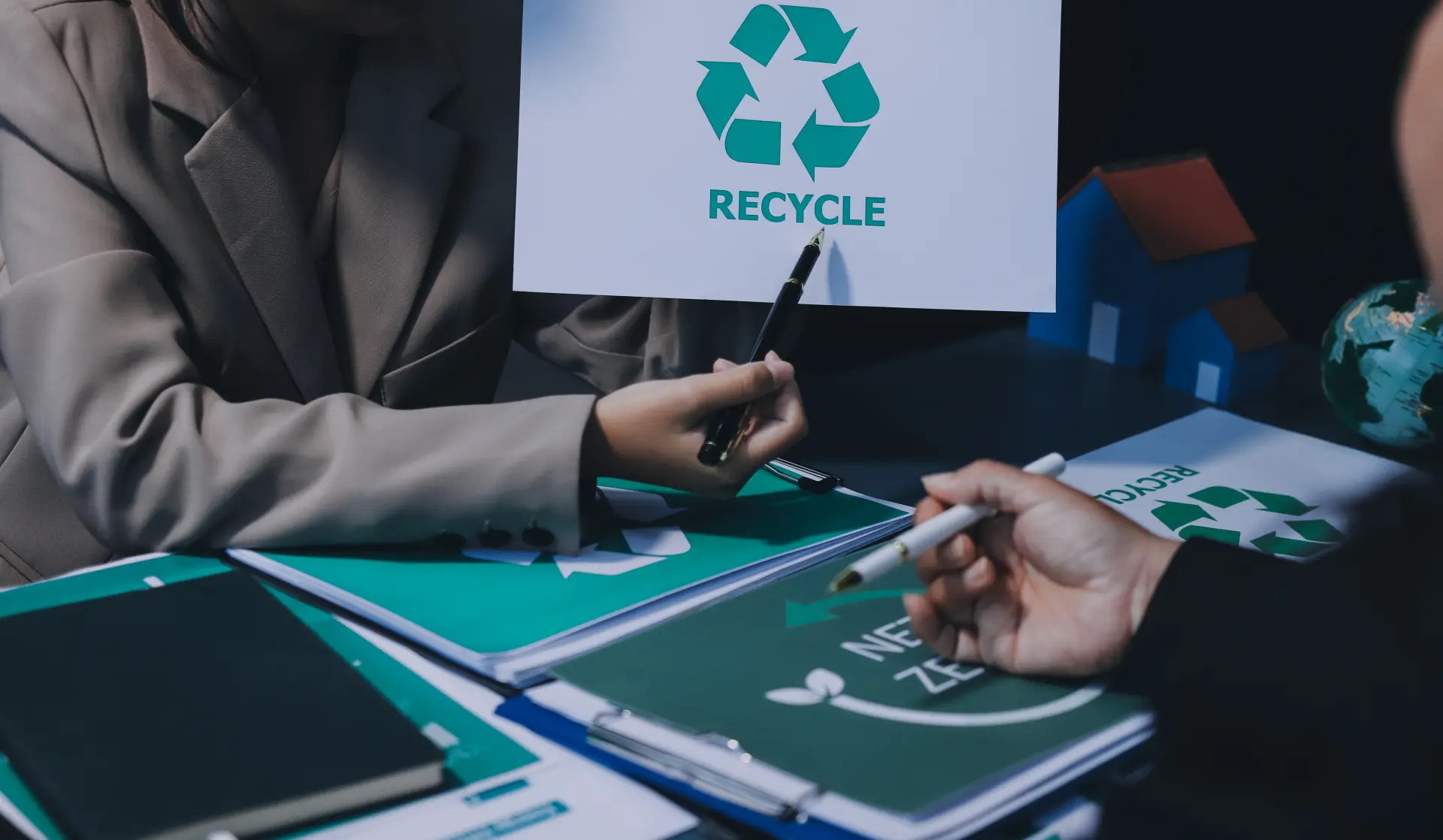
Waste costs money twice. You pay for extra material that is not needed, then you pay again for removal.
Set simple targets such as a recycling rate and a reduction in disposal costs per project. Review the figures each month.
Over time you will see savings as better practices take hold. Many construction companies publish their waste reduction goals to show progress to clients and the wider construction industry.
Communication with Neighbours
Managing construction waste is not only about the site itself. Keep neighbours informed about collection times and traffic routes. Share a site email and phone number for questions. Good communication prevents complaints, protects your reputation, and supports safe, efficient waste removal.
Choosing Skips and Bins
Pick the right types and sizes. Covered skips protect materials from rain. Lockable units help prevent unauthorised use. Mark each container clearly so workers and suppliers can find the correct place fast. Ask your provider to advise on the best mix for your work. The right choice improves efficient waste handling and reduces contamination.
Working with Construction Companies and Clients
If you are part of a wider team, agree shared waste management practices at the start. Set rules for packaging, delivery slots and returns. Include a clear process for waste collection at the end of each trade’s shift. When everyone follows the same procedures, the site runs smoothly and the amount of waste generated drops.
Digital Tools and Simple Checks

A few simple tools make a big difference. Take photos of full skips before collection.
Keep a log of weights and costs. Store certificates and licences in one place. Short weekly checks pick up issues early.
These habits help ensure ongoing compliance and make audits easier.
At the End of the Construction Project
When the project nears completion, plan the final clear-out. Book collections in good time, confirm disposal routes, and make sure all records are complete. Leave the site clean, with waste areas empty and safe. A tidy end builds trust with clients, protects the environment and shows responsible, effective waste management.
Handling Waste from Building Projects
Managing construction waste well is essential for every construction site. Plan early, reduce waste where you can, sort materials, and use licensed services. Reuse and recycle to help reduce the environmental impact, control disposal costs and keep people safe. Strong procedures, trained teams and good partners provide real benefits for businesses and the communities around them.
If you would like help to create a comprehensive waste management plan, Welcroft Lee Logistics can provide advice, arrange waste removal services, and ensure your project complies with UK waste regulations. Contact us with your site details, email and phone number so our team can provide a clear plan for your construction projects.
Welcroft Lee Logistics provides efficient commercial waste removal services for Eastbourne, Brighton & Hastings. Whether it's a one-off project or a regular waste collection that you require, you can count on us.

